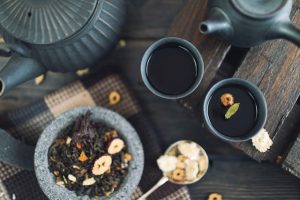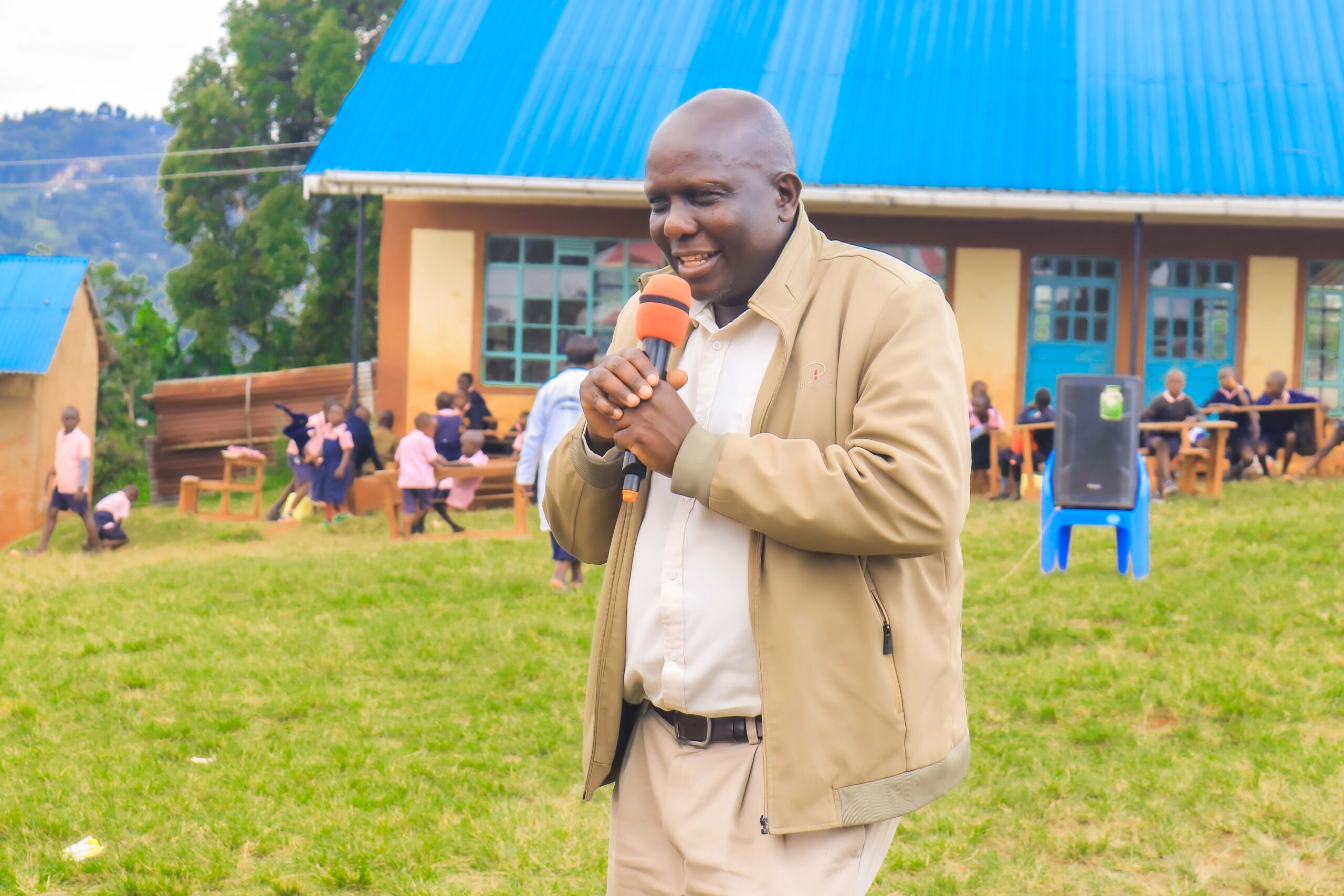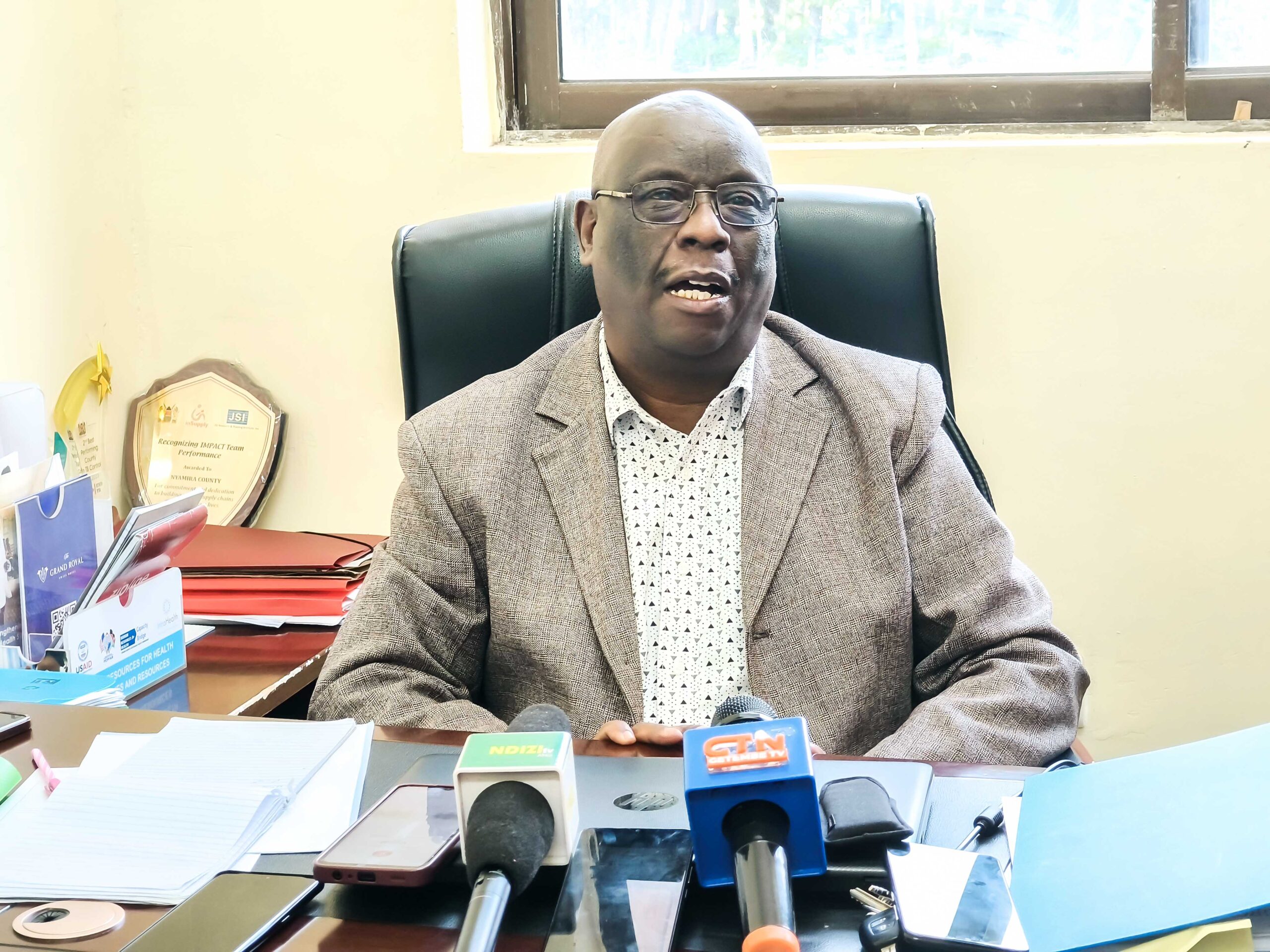
Lilian Onyango
Sibia Kerubo, 94, is a happy woman. She has lived to see signs of the government honouring what she did to earn a living in her prime years.
On Tuesday last week, Rashid Aman, the Chief Administrative Secretary (CAS) of the ministry of health said that the ministry is drafting a bill that will enable herbalists to practice in the country, to augment the conventional medicine and doctors.
Sibia has had the invaluable experiences of the two worlds, the old, medieval world when the African traditional society held in high regard their beliefs and practices- especially the traditional herbal healing; and the post-modern era where almost everything has gone digital, almost automating everything.
More importantly, she is famous in her native village of Miriri as a renowned medicine woman and an apt midwife, whose life was dedicated to serving humanity by countering diseases and helping women deliver sons and daughters, who are now today’s fathers and mothers, the lowly and the mighty. Life can be unfair, albeit others say that it’s fair and square.
At age 94, she remembers crystal clear how her mother taught her the skill of healing, through herbs and plants in the field. She also recounts the past experiences of the then ‘good and respectable community and wonders how the world has changed so fast, and the people thrown out of the window the beliefs and practices that held them together like glue and the intangible fabric that made life more interesting by far than today’s world, just a shadow of its former self.
“I started healing people while I was but lass,” she says with a grin coupled with laughter, exposing her toothless mouth.
“People from far and near used to frequent our home at the crack of dawn. Some could stay till dusk when boys went to bring cattle from down the banks of the great River Gucha. Due to the huge task of my mother, she taught me how to recognise medicinal plants from in the bush, and with time, she started sending me to bring the plants, while she attended to the sick people at home. As I grew older, I took the role of healing as a full-time job, and that is how I got to be famous as a healer,” she said.
Back then, she says, there were no hospitals and all and sundry banked on herbalists to cure their maladies. While there were healers for all people, she chose to specialise in healing children.
“I could look at a sick child and just tell them the disease that was disturbing them. I had done this work until I morphed into an expert. The signs of any sick child were pretty obvious, so it was not a difficult thing to decipher. Upon ‘scanning’ a child, I could head into the bushes and get the plants whose healing power could just deal with the problem at hand. Usually, I made concoctions, and sometimes I burnt the plants to get ash which could heal. I could give the child the medicine and some food, especially porridge, and then pack some other medicine for the mother and they went. More often than not, the child got well,” she said.
The form of payment was cash, or a goat or both. She says that payment was necessary for the child to get well, even though it was not mandatory to pay.
“It was just believed that way. I think it was put that way so that people could not abuse our skills. After all, we also needed to get a living. You cannot be busy for the whole day for free. It is just unethical,” she added with a chuckle.
Back then, she remembered, the most common diseases were stomachache, diarrhoea, chronic flu and pneumonia. She also used to heal mothers who could not conceive sons. However, she says that there were times when mothers brought their children with very strange diseases that she could not handle. She remembers such a case.
“A certain mother came to my home with her two children who were seriously sick. I could not even dare waste my time trying to heal what I didn’t know. What we did, we decided to walk twenty kilometres to Bosongo (Kisii town), where the only hospital was. After walking for such a long distance we finally arrived but we could not express our problem. The hospital was run by whites only and we knew neither Kiswahili nor English. We sat at the reception for a long time. People could come, get treated and go while we sat, dumbfounded. Then a certain mzungu doctor came to us and we pointed him at the children as we could not talk. He took the children away and returned them, gave us more medicine and we returned home. We looked like fools though,” she laughs away the memories.
While she mostly practised traditional healing, she also did midwifery. However, she could only be called as the last resort, when all the other midwives had hit a dead end.
“That was also a very tiresome and also painful work to do, almost inhumane,” she said of midwifery.
“I could be woken in the middle of the night to go help an expectant mother to deliver. The work needed courage, especially when the mothers had difficulties. I remember putting aside my kind heart and just for kindness’ sake and I tore up women as they cried. Eventually, we all sighed with relief when mother and baby came out alive. Sometimes, a few mothers died in the process, and at times some had to be rushed to hospital, at Kendu Bay, more than fifty kilometres away,” she offered.
Adrian Muriungi, who is the national inspector of herbalists in the country welcomed the suggestion, saying that it had taken too long to come to be. He works with other officials in the National Traditional Health Practitioners Association (NATHPA), to take care of the registered herbalists’ welfare.
“The conventional doctors and pharmacists deem as unschooled who can’t treat. But the fact is we do treat many diseases. There are so many people who use herbs and they get healed,” he said.
Muriungi, who holds a bachelor degree in theology from Arusha University says that he quit active ministry in the church to assuage the suffering of Kenyans through natural healing. He is based in Busia, where he has a clinic. He has practised for more than three decades but says that the government health inspectors usually harass them whenever they do inspections.
“They always want us to produce documents showing where we got the knowledge from. Most of the herbalists got the knowledge from the forefathers through word of mouth and apprenticeship,” he said.
However, he says that the registered herbalists recently started increasing their knowledge by visiting the University of Nairobi (UoN), where such lessons are held. It’s only the UoN and Kenyatta University which are currently offering seminars on traditional medicine, he said.
“Starting June this year, the University of Nairobi will start offering a certificate course in traditional medicine. I encourage our members to enrol,” he said.
Muriungi says that their registered members are only seven thousand, though he is convinced that the country has more than a hundred thousand traditional medicine men and women who are practising.
Traditional medicine is free of additives and chemicals, thus making it the most ideal for treatment, he said. However, he says that Kenyans should be careful not to fall prey to quacks who masquerade as herbalists.
“Real herbalists don’t parade their medicine in the markets and roadsides. We keep our source of the secret of the herbs. Those who openly display theirs are not true doctors. Neither are those who do acrobatics,” he said.
Muriungi says that the world should learn to appreciate traditional natural medicine and foods because they have been there even before modern drugs and doctors existed.
Contrary to the belief that herbalists lead to the loss of plant species, he said they instead help to preserve those plants.
“Even without herbalists, the people have been clearing forests for agriculture. Others have been burning charcoal. It’s false that we contribute to deforestation. In fact, herbalists have botanical gardens, where we grow various plants, including those in danger of extinction,” he said.
Moses Mogaka, a Kisii-based traditional healer, warmly welcomes the proposed bill. Mogaka specialises in diseases affecting women and other common illnesses such as typhoid and cholera.
“I’m ready to add more knowledge and to be recognised. We are a critical cog in the health care system, and the government should even appreciate us by giving us some financial help,” he said.
Mr Muriungi advises herbalists to keep on learning. He also encourages people to choose what they eat carefully.
“Nowadays there are so many books on natural remedies and herbs that can heal. Let’s keep reading them. For example, there is an American encyclopedia for natural medicine among others which are so invaluable. In addition, let’s be very intentional on what we eat because more often than not, our food can be medicine or poison,” he said.




One thought on “Herbalists thrilled with the news of a proposed bill that seeks to recognise their work ”